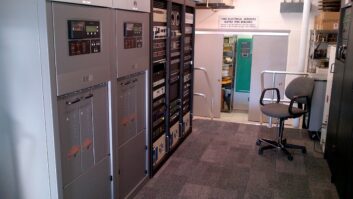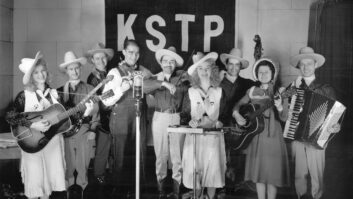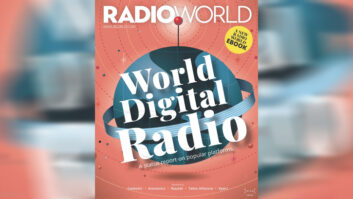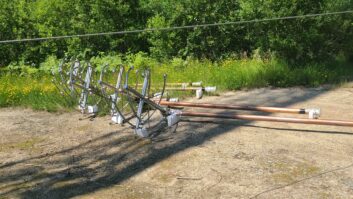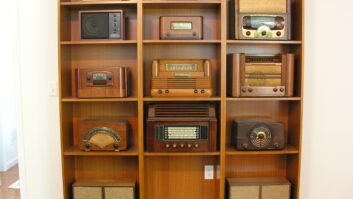Strange things can happen in a pub in London: but normally they happen at night, after numerous pints of�warm�beer. However, I was in a pub in the afternoon, with an orange juice, meeting Thomas Durkin and Andy Joseph from Factum Radioscape � so I wasn�t expecting anything untoward.
�
Factum Radioscape was formed from two digital radio equipment companies, Sweden�s Factum Electronics and the UK�s Radioscape. Factum supplied DAB multiplexing equipment for national public service broadcasters like NRK and the BBC. Radioscape did something similar, with a track record for working with commercial networks, like the UK�s first national multiplex, Digital One.
�
The companies began merging in 2014, and re-branded this year; streamlining their products in the process. I met them in a Victorian pub � haunted, as most are � to discover what they�d been working on.
�
Thomas Durkin, the company�s managing director, chatted to me for a few minutes about the company�s goals, and then reached underneath the pub table. With a flourish, he brought out a rugged case, out of which he proceeded to unpack an antenna, a GPS unit and a small silver box.
�
The silver box turned out to be the Observa Field Monitor, a product released by the company in May. It can monitor a complete DAB+ multiplex, or FM signal, including full decoding of data services.
�
Plugging the unit into a Windows laptop, carefully positioned next to a pint of Guinness, I was taken through its features: the most obvious being that it�s capable of being used in a vehicle to plot actual signal strengths, and error levels, against a map � ensuring that coverage is correctly plotted. It decodes DLS, slideshow, RDS Radiotext and plenty more, too.
�
As a software-defined radio, the system has had a number of updates since launch, extending functionality. And it�s this that is most interesting, with a number of benefits from being able to upgrade software. The company told me that they evaluated requests from clients for additional functionality and, where possible, they�ve implemented them for general availability.
�
Digital broadcasting, of course, relies on a strong signal � at least, a signal above the digital shelf, below which you�d hear either unpleasant burbling noise (�bubbling mud,� some describe it) or silence. The availability of portable monitoring equipment is more important in the digital world than in analog, where audiences may tolerate short periods of poor reception.
�
My key learning, however, was that if you�re in a pub and someone unexpectedly reaches under the desk for a military-looking suitcase, don�t panic: it could just be someone trying to sell you a piece of technology.
�
